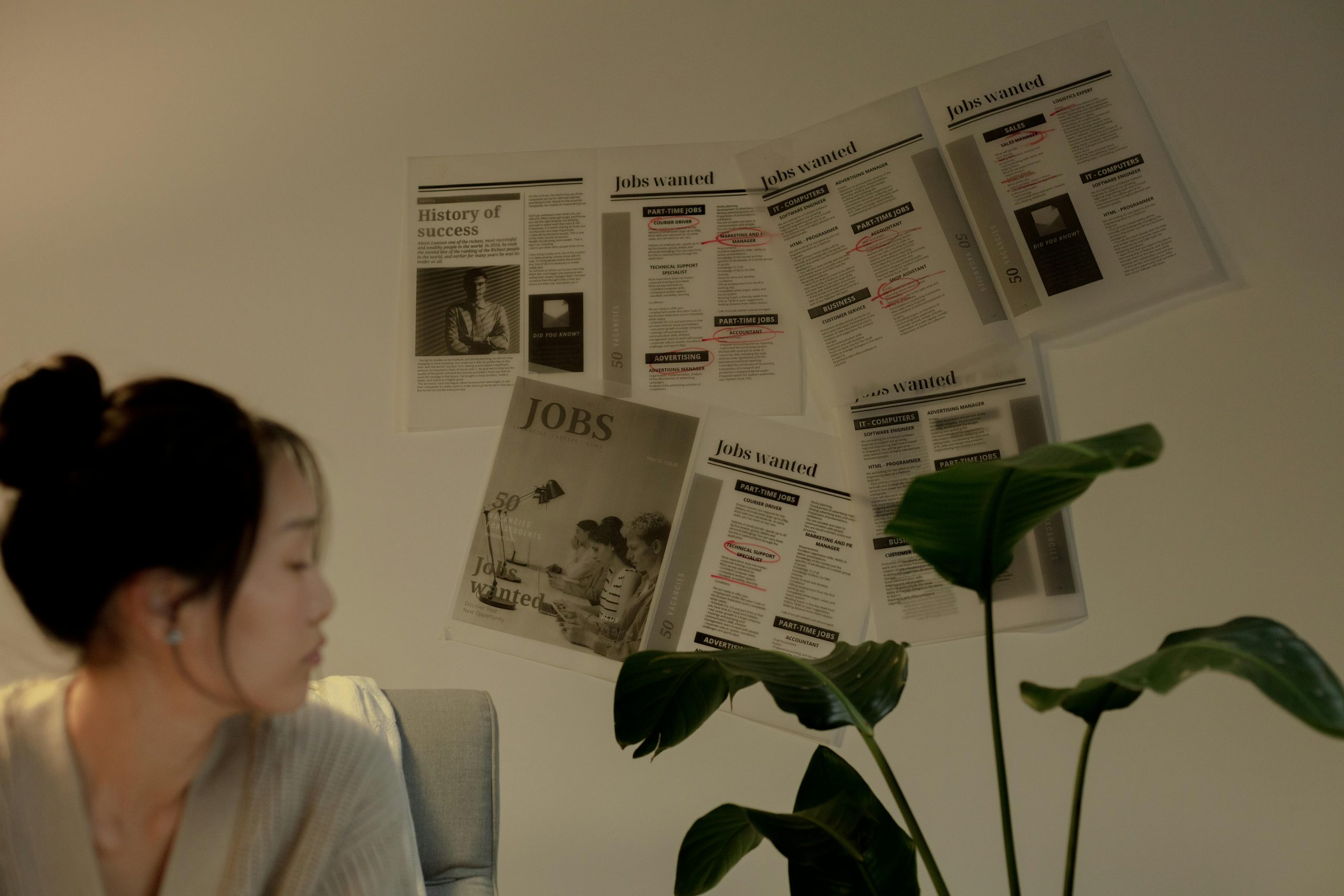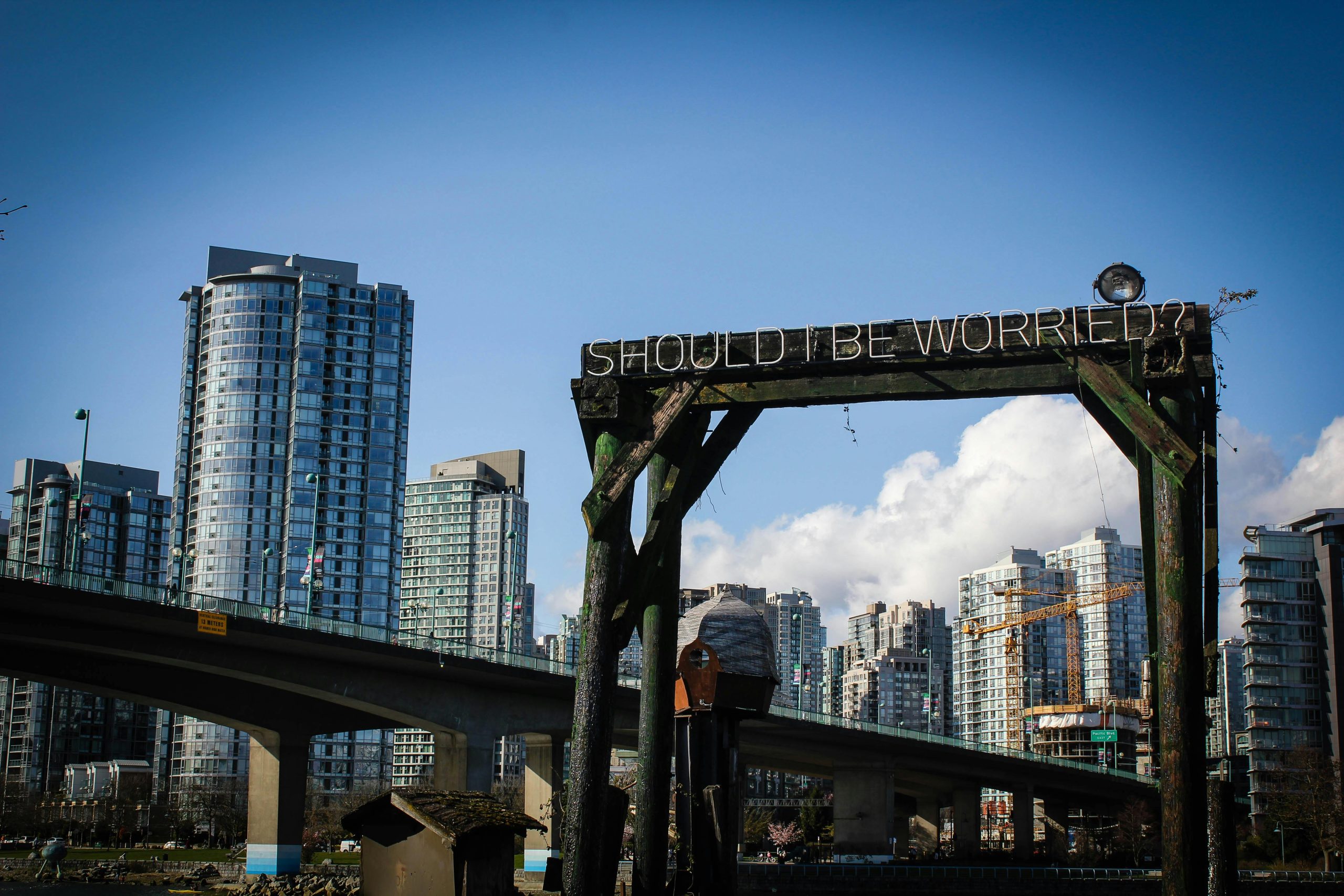Understanding Your Options After a Highway Accident with an Uninsured Trucking Company
Dealing with a vehicular accident involving commercial trucks can be complex, especially when dealing with potential insurance issues. Here’s a detailed look at a recent situation that highlights some critical considerations and steps you might take if you find yourself in a similar predicament.
The Incident Overview
Recently, a minor collision occurred on the highway, caused by a trucker merging over double solid lines into the vehicle I was traveling in. The damages have been estimated at approximately $11,000. The driver involved provided their insurance details, which I photographed at the scene. However, upon contacting the insurer, I discovered that the policy had been terminated two months prior to the incident.
Efforts to Contact the trucking company’s management have been met with silence; the designated manager has avoided returning calls, leaving me uncertain about their intentions. Further investigation through the Department of Transportation reveals that the company’s only active insurance policy is with Geico Marine—a provider typically associated with marine insurance, not commercial trucking. This raises suspicions that the company might be using a non-standard or possibly illegitimate insurance policy to meet regulatory requirements.
Additional Findings
The trucking company filed their MCS-150 report three days after the accident. This document indicates their registration status and compliance, but doesn’t necessarily confirm active or valid insurance coverage at the time of the incident.
Questions and Considerations
Given these circumstances, several questions arise:
-
Is the trucking company intentionally stalling, hoping the incident will be forgotten over time?
-
Should immediate legal action be pursued, such as consulting a lawyer or sending certified correspondence requesting compensation?
-
Would it be prudent to initiate a claim through a legal route or file a suit now?
-
Since the driver’s personal vehicle is insured and the driver also drives for Uber, does this complicate the claim process? The Uber driver has insurance, but it’s unclear if their policy covers this particular incident or if reporting the accident to Uber’s insurer is necessary.
-
Could the trucking company possess additional insurance policies not listed publicly? Should we continue trying to reach them directly, or should we involve our insurance company to navigate the situation?
Recommended Next Steps
-
Consult a legal professional: An attorney experienced in transportation or insurance law can provide tailored advice and help you understand your rights and the best course of action.
-
Document everything: Keep detailed records of all communications, photographs, estimates, and any attempts to contact the trucking company.



